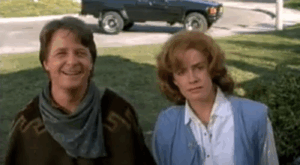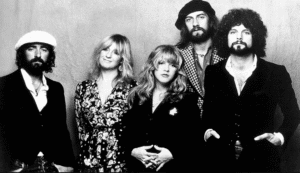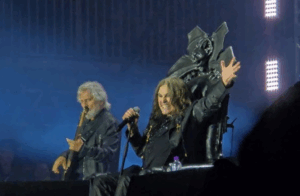10 Classic Rock Bands From 70s That Tried Going Pop and Completely Failed

via THE MUSIC ENHANCEMENT CHANNEL / YouTube
In the 1970s, several rock bands experimented with shifting from their established styles to a more pop-oriented sound. These transitions often aimed to reach broader audiences but didn’t always succeed. Here are ten notable instances where such attempts did not achieve the desired results.
1. The Osmonds – Crazy Horses
The Osmonds, originally known for their clean-cut image and pop hits like “One Bad Apple,” ventured into a harder rock sound with their 1972 album Crazy Horses. This shift was an effort to appeal to an older audience and gain credibility in the rock scene. Despite their intentions, the album received mixed reviews, and the band’s core fanbase found it challenging to adapt to this new direction. The transition did not significantly elevate their status in the rock genre.
2. Jefferson Starship – Earth
Evolving from Jefferson Airplane, Jefferson Starship sought to modernize their sound in the mid-1970s. Their 1978 album Earth featured more polished, radio-friendly tracks like “Count On Me.” While the album achieved some commercial success, long-time fans felt disconnected from the band’s new pop approach. This stylistic change led to internal disagreements and a temporary disbandment, highlighting the challenges of their musical transformation.
3. The Raspberries – Starting Over
The Raspberries, known for their power-pop sound, attempted to incorporate more mainstream pop elements into their music with their 1974 album Starting Over. Despite critical acclaim, the album did not perform well commercially. The band’s effort to reach a broader audience through a pop-oriented approach ultimately led to their disbandment in 1975, as they couldn’t replicate the success of their earlier hits.
4. Grand Funk Railroad – Good Singin’, Good Playin’
Grand Funk Railroad, celebrated for their hard rock anthems, shifted towards a more pop-rock sound with their 1976 album Good Singin’, Good Playin’. Despite collaboration with producer Frank Zappa, the album failed to resonate with their established fanbase and did not achieve significant commercial success. This move highlighted the difficulties the band faced in balancing their original style with mainstream appeal.
5. Cheap Trick – All Shook Up
Cheap Trick’s early work in the late 1970s showcased a blend of power pop and hard rock. In an attempt to reach a wider audience, they released All Shook Up in 1980, produced by George Martin. The album featured a more polished pop sound, which received mixed reviews and did not perform as well commercially as their previous records. This experiment demonstrated the challenges they faced in altering their musical direction.
6. Humble Pie – Street Rats
Humble Pie, known for their blues-rock style, attempted a more mainstream pop approach with their 1975 album Street Rats. The album lacked the energy of their earlier work and was met with critical and commercial disappointment. This shift contributed to the band’s decline and eventual disbandment shortly after its release.
7. The Bay City Rollers – It’s a Game
The Bay City Rollers achieved teen idol status in the mid-1970s with catchy pop-rock tunes. As they attempted to transition to a more mature pop sound with their 1977 album It’s a Game, they struggled to maintain their earlier success. The shift did not resonate with their aging fanbase, leading to a decline in popularity and highlighting the difficulties of evolving their musical style.
8. Blood, Sweat & Tears – More Than Ever
Blood, Sweat & Tears, renowned for their jazz-rock fusion, attempted to adopt a more pop-oriented sound with their 1976 album More Than Ever. Despite featuring a smoother style aimed at mainstream audiences, the album failed to achieve significant commercial success. This endeavor marked a downturn in their popularity, as they struggled to balance innovation with broad appeal.
9. Alice Cooper – Alice Cooper Goes to Hell
Alice Cooper, famous for his theatrical shock rock, experimented with a more pop-driven sound in his 1976 album Alice Cooper Goes to Hell. The album included tracks with a softer, more commercial appeal. However, this departure from his signature style did not sit well with fans or critics, resulting in lackluster sales and reviews. This phase underscored the challenges he faced in diversifying his musical approach.
10. The Kinks – The Kinks Present A Soap Opera
The Kinks, known for their influential rock sound, ventured into a pop-oriented style with their 1975 album The Kinks Present A Soap Opera. This concept album aimed to blend rock with theatrical elements but was met with critical indifference and did not perform well commercially. The attempt to fuse different genres highlighted the complexities of evolving their musical identity.



















